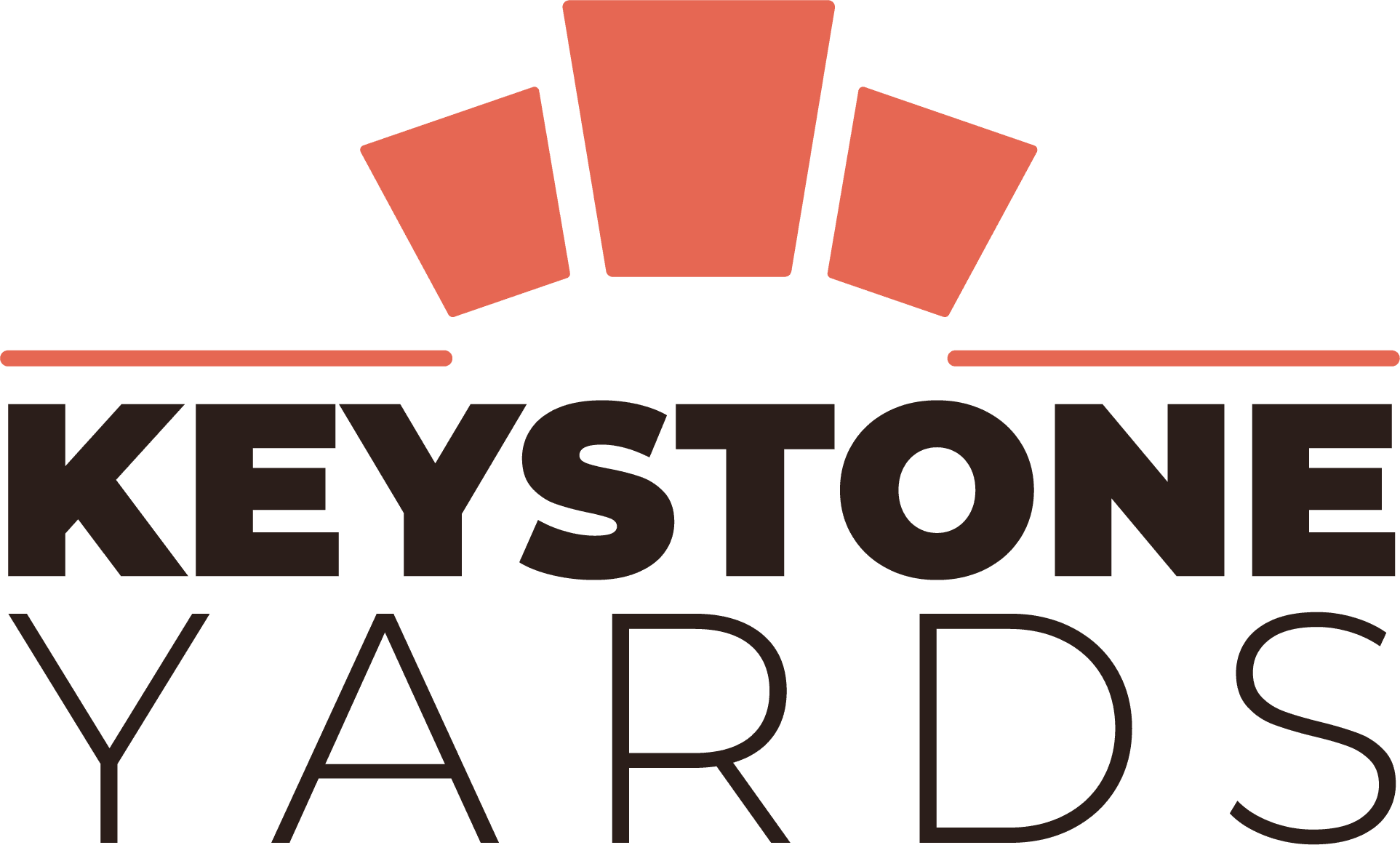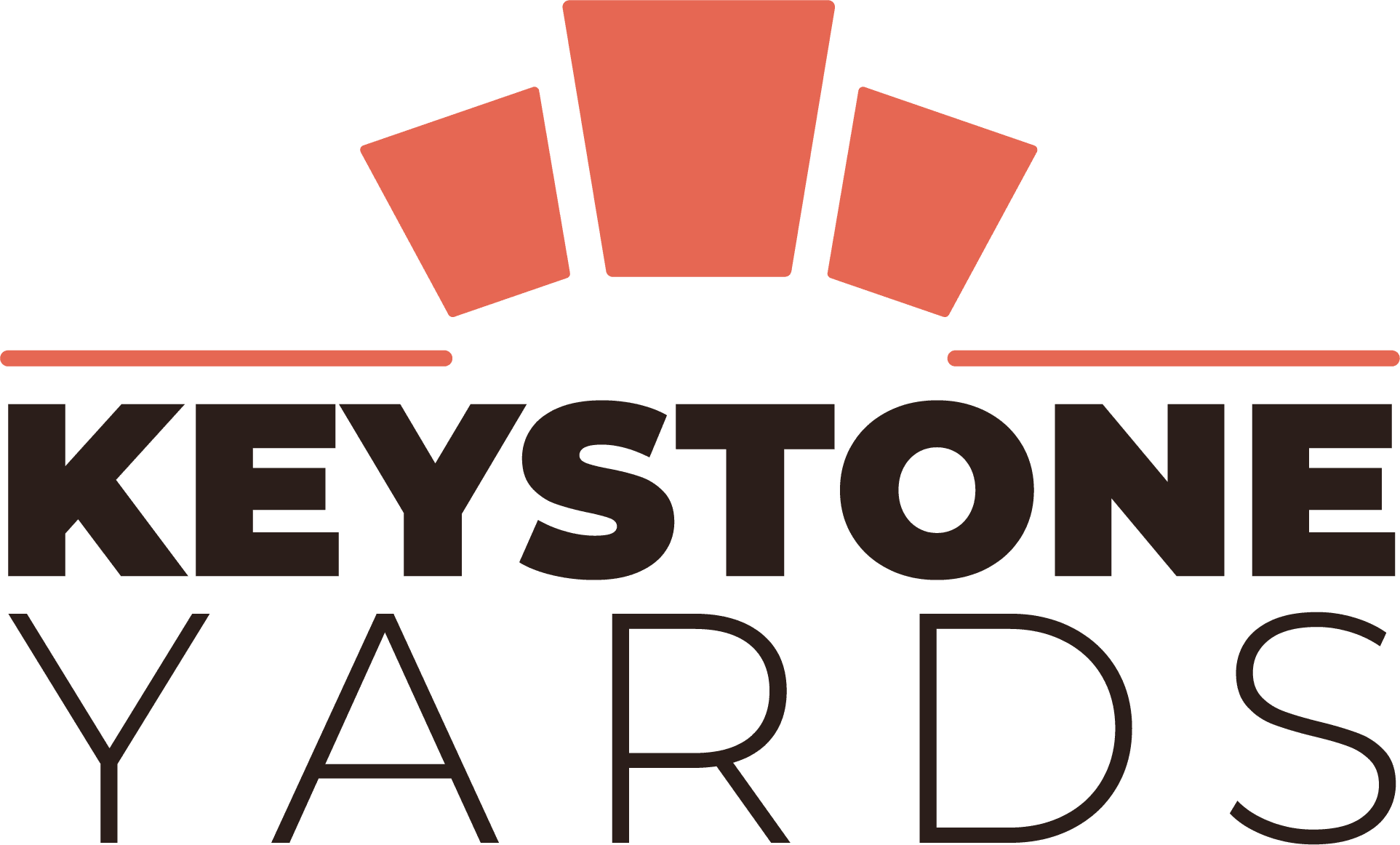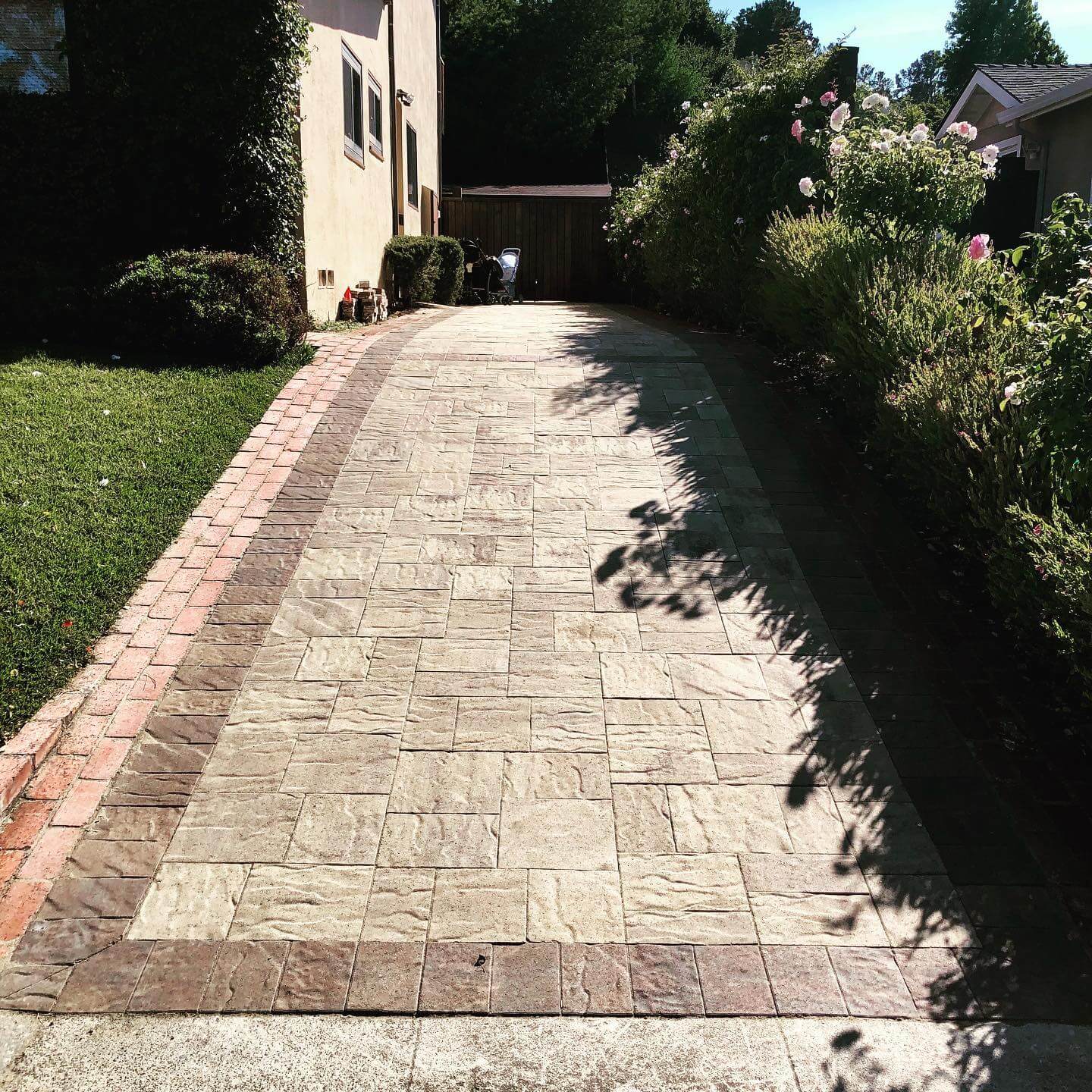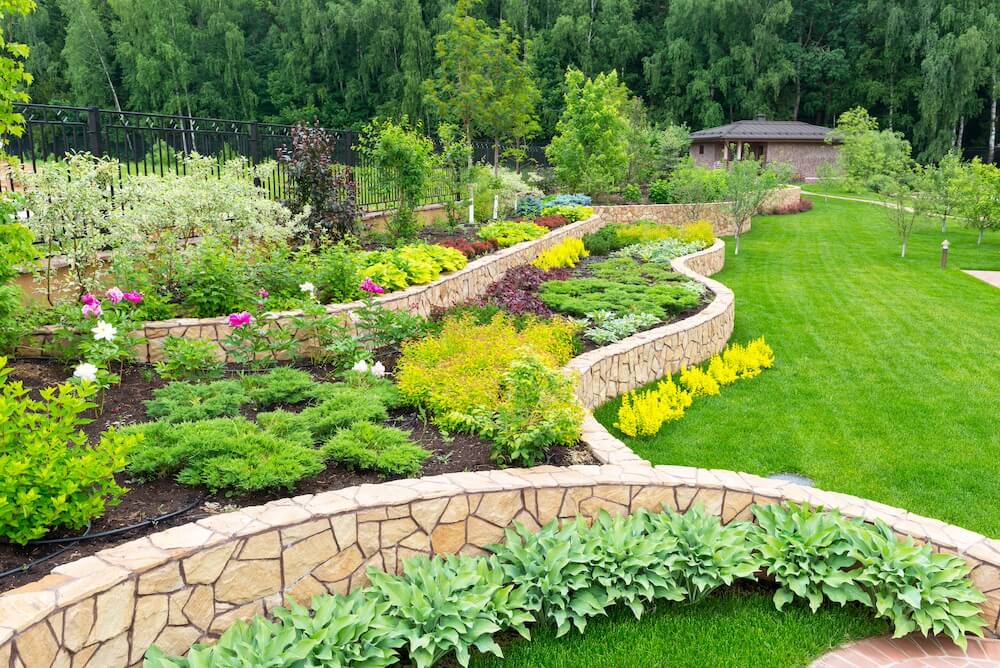
Mulch: Types & Uses
What is Mulch?
Mulches are loose coverings, sheets, or envelopes of material placed on the top surface of the soil. Mulches can be practiced to bare soil or to shield the surface of compost in containers. Mulch is any material or substance that shields the soil’s surface. Naturally, this decayed organic matter is solely fallen leaves and plant waste. In the garden, it can also comprise compost, wood chips, rotted manure, or even seaweeds.
When applied correctly, mulching feeds our soil’s living microorganisms with essential nutrients. Ultimately the waste from these tiny microbes constitutes a robust soil structure for plants, limiting compaction.
Depending on the type and quality of mulch used, there are many sustainable and economical benefits of mulch which include:
- Help soils maintain moisture
2. Lessen watering
3. Restrict weeds
4. Upgrade soil organic matter
5. Provide essential nutrients
6. Suppress some pests
7. Warm up the soil in spring
8. Shield plant roots from sudden temperature change
9. Stimulate beneficial soil organisms
10. Limit the chance of edible crops coming into contact with soil
11. Give an aesthetic finish
Mulches can split into biodegradable and non-biodegradable mulches. Both types repress weeds by obstructing sunlight that is required for germination and growing weed seeds and preserving moisture by lowering evaporation from the soil surface
Biodegradable Mulches
These break down slowly to discharge nutrients into the soil and help boost its structure. Layers will need replacing when the applied material has completely rotted down. Amongst the best materials are garden compost, wood chippings, processed conifer bark, leaf mold, well-rotted manure, straw, spent hops, and seaweed.
Non-biodegradable Mulches
Non-biodegradable mulches do not enhance the productivity or structure of the soil, but they do kill weeds, preserve moisture or some have the additional benefit of looking attractive. Slate, shingle, pebbles, gravel, stone chippings, and other decorative aggregates are used as non-biodegradable mulches. It is best not to use any matter made from plastic. The dark-colored matter will heat the soil on sunny days whereas light-colored mulch will reflect sunlight. It usually keeps roots cooler in strong sunlight.
Sheet Mulches
Sheet mulches can be applied for new beds or borders. After setting, slits can be made in the fabrics, permitting direct planting through it. The drawback is these do not look very charming, but they can be concealed with gravel, bark, or other materials. To permit rain and irrigation water to reach the roots, choose a porous sheet as a waterproof film that may cause surface runoff and drainage problems elsewhere.
Reasons Why You Should Use Mulch in Your Garden
If you are interested in saving time and money while giving your garden the best chance to succeed, use Mulch! It is nature’s best way to screen plants, add nutrients, and conserve water.
Here are a few reasons why you should use it in your garden.
- Add organic matter to your soil. It helps make your garden fresh, healthier, and more resistant to pests and plant diseases.
- Gives beneficial slow-release nutrients and prevents plant vitamin loss, saving you money and time.
- Helps maintain the moisture content in the soil. This organic matter behaves as a natural sheet and insulation layer to guard the earth against sunlight. It helps prevent excessive water loss and adjust the temperature of the soil.
- Screen delicate seedlings from too much sun since it works as a natural shield and shade.
- Reduces time spent watering the soil.
- It works as a great insulator by regulating and maintaining soil temperature.
- Provides a natural resistance to help stop weeds. The interlocking layer of decayed matter resists the weeds from getting rooted in the soil’s bottom layers.
- Boosts biological activity in your soil by providing valuable microorganisms.
- Improves soil condition and structure and helps to bind sandy soils.
- Saves your time and energy for cultivation.
- Prevents nutrients from leaching out of the soil.
- Act as a protective covering and protects plants from frost damage caused by little microbes.
- Provides a clean surface for products like falling fruit and nuts, ready for harvesting.
- Improves and upgrades soil drainage and structure as it decomposes.
- Provides a base around plants, especially young seedlings.
- One of the biggest advantages that it offers is that it recycles waste materials.
- Shields plants from heavy rainstorms. The defending interlocking nature preserves and helps bind together the plant structure
- Prevents soil erosion and soil compaction specifically from foot traffic on walkways and playgrounds.
- Improves your garden’s visual image, especially when using beautiful colored mulch.
- Acts as an accommodation for plant-friendly insects.
Types of mulches
Organic Mulches
These are naturally occurring products from leaves, trees, grass, and other plant material. They mock nature, breaking down slowly over time. The benefit is the absolute addition of organic matter to the soil. The downside is that they must be refilled periodically. Organic mulches include;
Compost
It is easily available and breaks down instantly to improve the soil. If you don’t have your own, towns make it available from leaf composting facilities. The disadvantage is that it must be reloaded and can have weed seeds.
Shredded bark
Softwood bark mulch is visually attractive, resists crushing, and mixes up slowly. Hardwood bark is attractive but mixes up instantly and needs to be composted properly to avoid sour mulch and fungi.
Shredded leaves & leaf mold
These are easily available and, if chopped, eventually break down quickly and feed the soil with valuable materials. The disadvantage is that leaves can knot if wet which reduced oxygen and moisture in the soil.
Straw & salt marsh hay
These are less expensive and helpful shields. However, they decompose more rapidly, may nurture rodents, and are easily carried away by the wind.
Grass clippings
These are readily available and should be dried first to keep them from becoming a hot, slippery, damp mess. Do not use clippings from grass mixed with chemicals in a food garden.
Pine needles
Pine needles stay in place better than most mulches. They slowly break down and are not very acidic.
Inorganic mulches
Black plastic mulch
It helps keep the soil warm in spring, lowers water loss, and is suitable. It makes a huge difference in short growing seasons. However, it is not porous so it is quite difficult to water. It also decomposes when exposed to sunlight. The soil under the plastic becomes very hot in the middle of summer days if not guarded by leaves or covered with another mulch layer.
Silver plastic mulch
It shines at warming soil but doesn’t resist weeds. The soil becomes even hotter with clear plastic in midsummer which limits its use. Plants can be injured if the plastic is not shaded well.
Crushed stone, gravel, marble, or brick chips
It stays permanent around shrubs and trees. That’s why these mulches are rather expensive, and hard to move.
Landscape fabric
Landscape fabric chokes weeds while permitting air, fertilizer, and water to move into the soil. They are treated to prevent decomposition and they help maintain soil moisture.
Mulch Types Based on Colors
Mulch comes in a variety of colors, the most common being black, red, and brown. Each of these colors adds a distinct visual effect to your garden. Black mulch helps keep the soil warm and prevents weeds from growing, while red mulch adds brilliant colors to flower beds. Brown mulches are great for maintaining moisture in the soil and adjusting the temperature of plants.
Black Mulch
It is formed from recycled wood and other organic materials. It is dark in color, so it will help maintain heat in the soil and saves your plants from frost harm. Black mulch also limits weed growth because of its thickness and darkness.
Red Mulch
Red mulch has a brilliant shade that gives a beautiful contrast to green foliage. It’s made with natural dyes to give it lively color and is commonly used for ornamental flower beds. Red mulch creates a warm environment for plants and retains moisture in the soil.
Gold Mulch
Gold mulch is made from yellow-colored wood chips that add a vibrant shade to any yard. It’s perfect for adding striking colors to landscape features. Gold mulch also keeps moisture in the soil and protects your plants from extreme weather changes.
Blue Mulch
Blue mulch is made with natural dyes that give it shining blue color. It’s often used to compliment other colors in landscapes. It also provides distinction against green foliage. Blue mulches also help to retain moisture in the soil, making them ideal for maintaining water content during dry conditions.
Brown Mulch
Brown mulches are often made from bark chips and they provide excellent insulation against temperature extremes. It keeps roots warm during cold extremes and cool during hot snaps. Brown mulch also helps to prevent soil compression, making it great for plants or areas where foot traffic is high.
White Mulch
White mulches are ideal for landscaping areas that need more brightness or reflectivity. White mulches also keep your garden cool during hot summer by reflecting UV rays from the sun. They don’t provide as much insulation against temperature extremes as brown mulches, though they still do offer some defense.
How Much Mulch Do I Need?
How much mulch you need depends on the garden size and how often you use it. If you have a yard of 2000 square feet, you will need around 65 cubic feet of mulch. A similar quantity of yard would consume about 35 cubic feet more if it is in everyday use.
If you are unsure how much you would need, it is always a better option to have too much than too little mulch. Most gardeners sell mulch in bags, so it is quite easy to buy what you need and store excess amounts for future use.
Learn About Keystone Yard’s Comprehensive Landscaping Services
What To Do With Old Mulch?
If you have used organic mulch, such as wood chips or grass clippings, it is added to compost mass. Inorganic mulch, such as stones or rubber, can’t be composted but can be recycled in other ways. For instance, the interlocking stone can be utilized to design pathways or borders in gardens, whereas rubber mulch is used to line plants.
Organic mulch will also decay over time, so it will require to be restored every year or twice. You can either discard the old mulch and add it to your compost mass or simply add a layer of new mulch on its top.
You can also remove the old matter and use it as a weed barrier or soil alteration in other parts of the garden. Make sure to remove any weeds or waste first, you don’t unroll them around.
Generally, it’s best to reuse mulch rather than discard it. But if you find it useless, placing it in the waste is better than leaving it in your yard where it will eventually decompose and release harmful chemicals into the environment.
When Should You Replace the Mulch?
Generally, you should replace mulch once or twice every year. It will ensure that your plants have sufficient nutrients and won’t be choked up with too much mulch. You may need to replace mulch more often when it breaks down quickly or if heavy rainfalls occur that wash away the top layer.
Can You Reuse Old Mulch?
Yes, It is not always the best option but you can reuse mulch. If the mulch is still in better condition and wasn’t polluted with weed seeds or chemicals, you can spread it again around your garden or use it as a weed barrier.
If the mulch is starting to break down rapidly or contains weeds, it’s best to throw it away.
Problems With Mulching
We face problems with mulching when you have mulched too thickly, which prevents bulbs and herbaceous plants from spreading. Smoothly use a rake or long-handled cultivator to mildly thin out the mulch, which may help plants grow better.
Another problem you might face is when applying manure to mulch plants. If this is not well-rotted, it can blacken plant leaves and even lead to them becoming twisted.
Some types of inorganic mulch can decompose into the soil, heat the planting area, and probably leach harmful chemicals into the soil.
Also Learn About Keystone Yard’s Expert Carpentry Services for the Outdoors
Advice for Buying Mulch
- Make sure you choose the right thing depending on your garden soil type. Avoid buying organic mulch if you want to improve the soil.
- Organic mulches need to be replaced every couple of years, as they decompose in the soil.
- If you are concerned about animal welfare, take extra measures while buying farmyard manure as it could be a byproduct of factory farming.
